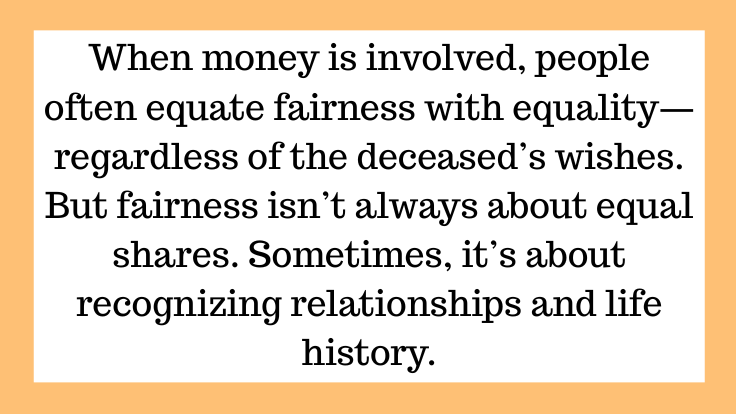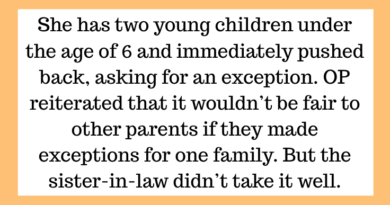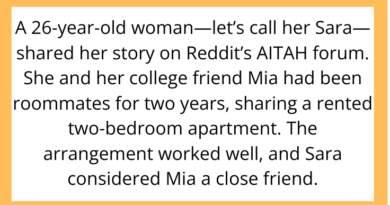Am I the Jerk for Refusing to Share My Inheritance with My Half-Siblings?
When it comes to money—especially inherited money—familial ties can get complicated fast. In this AITAH scenario, the lines between fairness, entitlement, and obligation blur in ways that leave readers asking: What do we really owe to family?
OP (Original Poster) was left with a sizable inheritance from their late father. The twist? Their half-siblings—children from their father’s second marriage—received nothing. And now, the family expects OP to “do the right thing” and split it anyway.
But should they?
The Story: One Inheritance, Two Families

OP was the only child from their father’s first marriage. After their parents divorced, OP’s father remarried and had two more children. Though he remained present in OP’s life, his relationship with his second family was distant.
Years later, when the father passed away, his will explicitly left everything—his house, savings, and investments—to OP.
The half-siblings were shocked. They expected to be included and immediately demanded a share, calling OP selfish and manipulative. Their mother (OP’s stepmother) even called OP, insisting they “do what’s fair.”
OP refused, explaining that the will was legally clear and emotionally justified. The inheritance came with no strings attached, and they had no intention of splitting it.
So they asked Reddit: Am I the jerk for keeping the inheritance to myself?
Understanding Inheritance: Legal vs. Moral Obligations
H2: The Will Was Clear—So Why the Backlash?
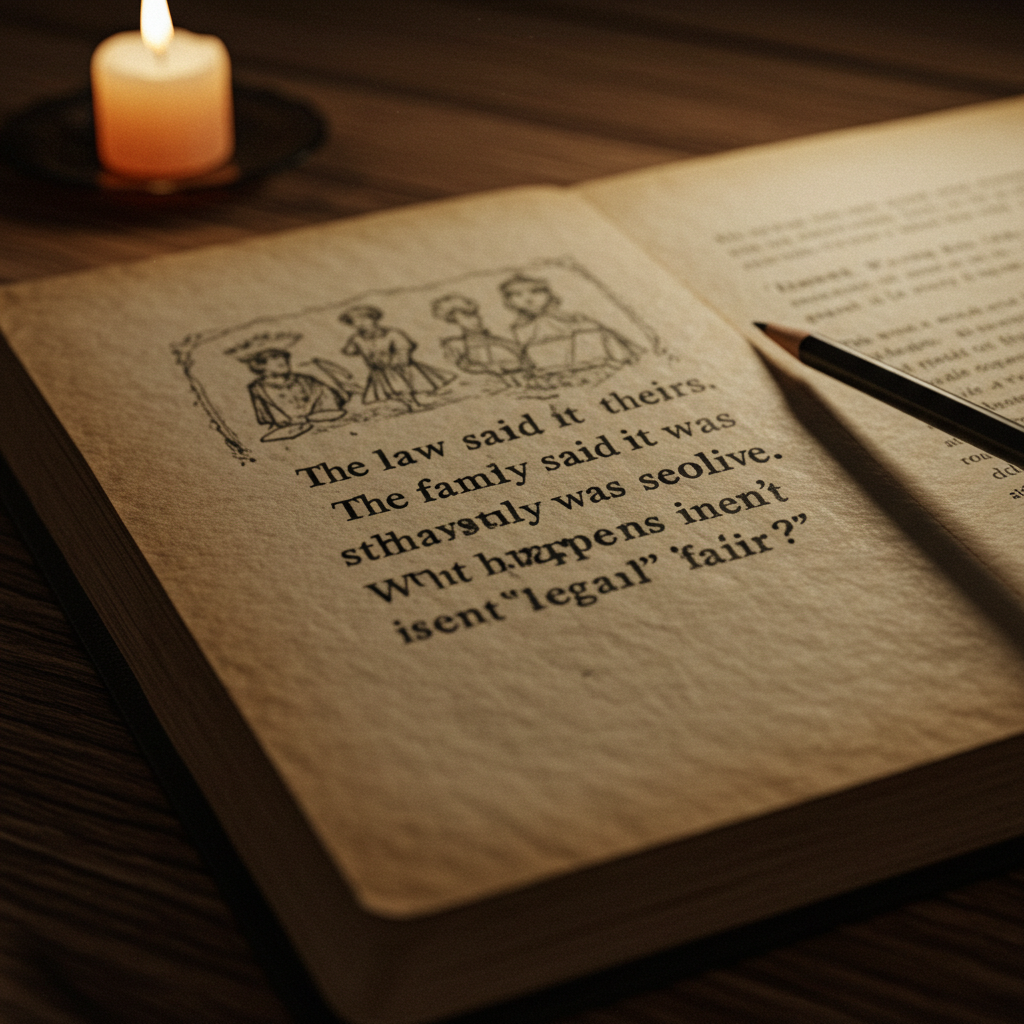
Legally, OP did nothing wrong. Their father’s will clearly specified them as the sole heir. But in many families, legal clarity doesn’t eliminate emotional expectations.
When money is involved, people often equate fairness with equality—regardless of the deceased’s wishes. But fairness isn’t always about equal shares. Sometimes, it’s about recognizing relationships and life history.
In this case, the father was more emotionally and financially invested in OP’s upbringing. He chose to leave everything to them. Whether it was due to guilt, love, or logistics, the reason doesn’t undo the legal right.
H2: Half-Siblings, Full Resentment?

OP’s half-siblings might feel abandoned or overlooked. But should OP bear the emotional consequences of their father’s choices?
Reddit users largely said no. One comment summed it up perfectly:
“Your father had every chance to include them. He didn’t. That’s not your burden to carry.”
Inheritance is not about evening the score between siblings—it’s about executing someone’s final wishes. And those wishes were clear.
The Entitlement Trap: When Family Feels Owed Something
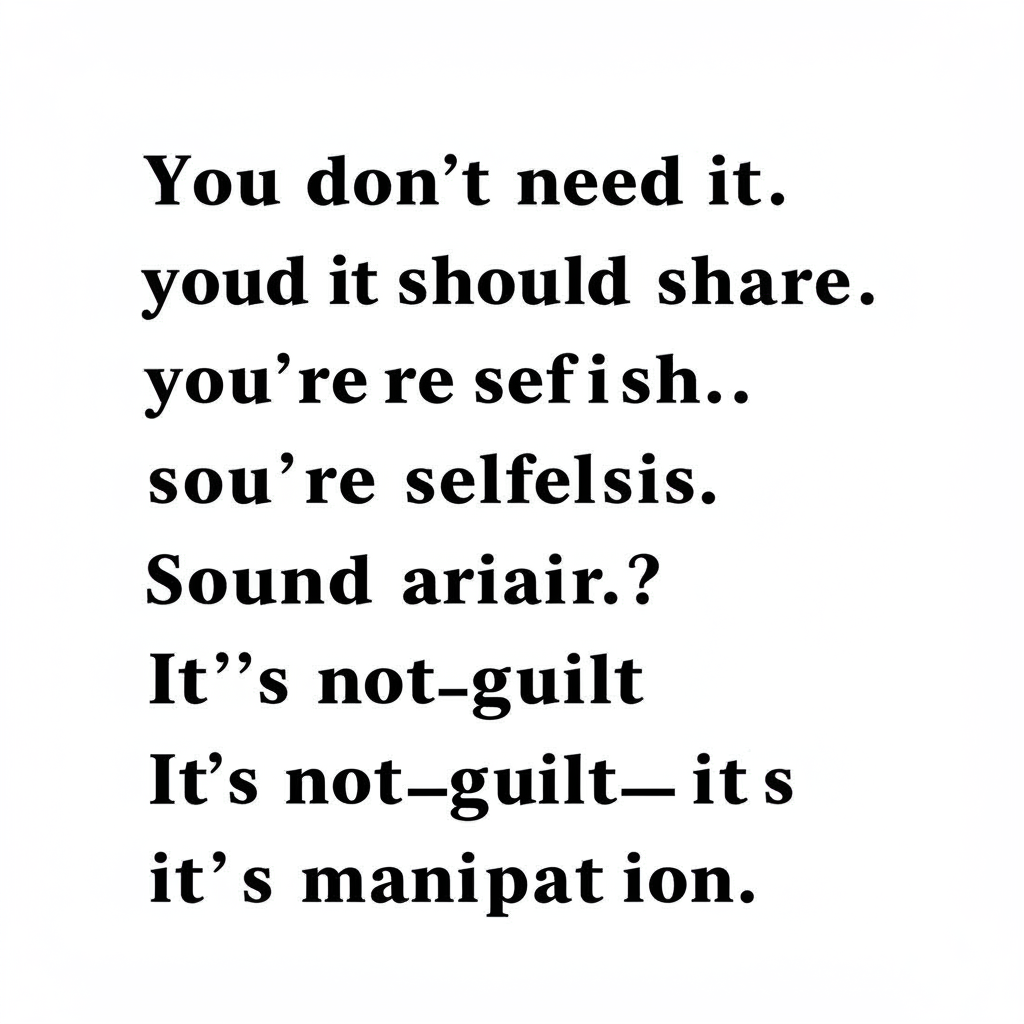
H3: The “You’re Being Selfish” Argument
One of the most common tactics in inheritance disputes is guilt. Family members might say:
-
“You don’t need that much.”
-
“He would’ve wanted us to share.”
-
“We’re siblings. Family comes first.”
But these guilt trips ignore one crucial fact: wanting money isn’t the same as deserving it. OP didn’t create this situation. Their father did. And stepping in to “fix it” would only enable entitlement.
H3: Inheritance Is Not a Group Project
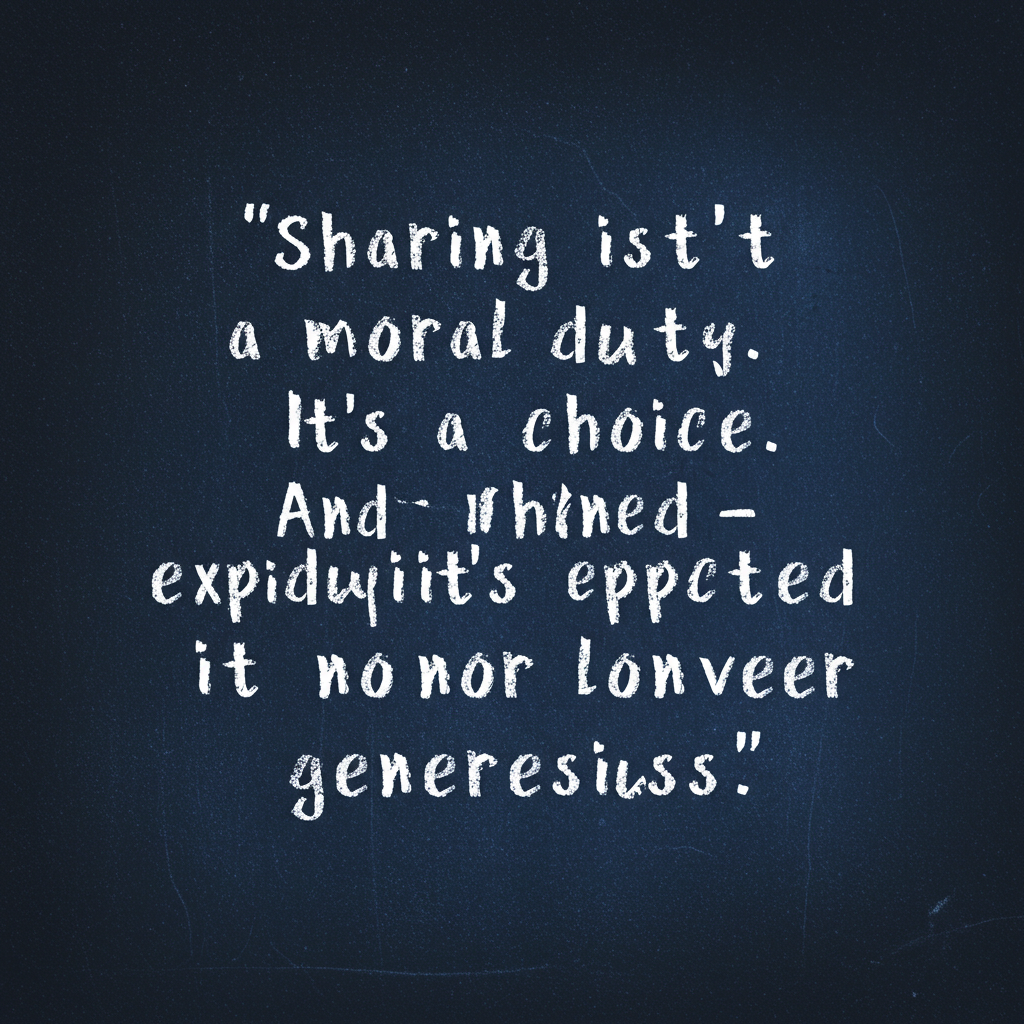
Many Reddit users shared personal stories in the thread—some had split inheritances out of guilt, only to be met with more demands and less gratitude.
OP’s decision to keep the inheritance is not about greed. It’s about honouring their father’s decision and protecting themselves from future conflict.
Should You Ever Share an Inheritance?

H2: Yes—When There’s a Mutual Agreement and Good Faith
There are situations where sharing makes sense:
-
If the will was unclear or outdated
-
If there was a verbal agreement among family members
-
If splitting it would maintain peace in an otherwise healthy relationship
But none of those applied here.
OP’s father had decades to change his will and didn’t. There was no misunderstanding—just unmet expectations from the second family.
H2: No—When Sharing Is Expected, Not Earned
The moment “sharing” becomes a demand instead of a conversation, it’s no longer generosity—it’s emotional manipulation.
You’re not a jerk for refusing to be bullied into giving away what was legally and intentionally given to you.
The AITAH Verdict: Not the Jerk
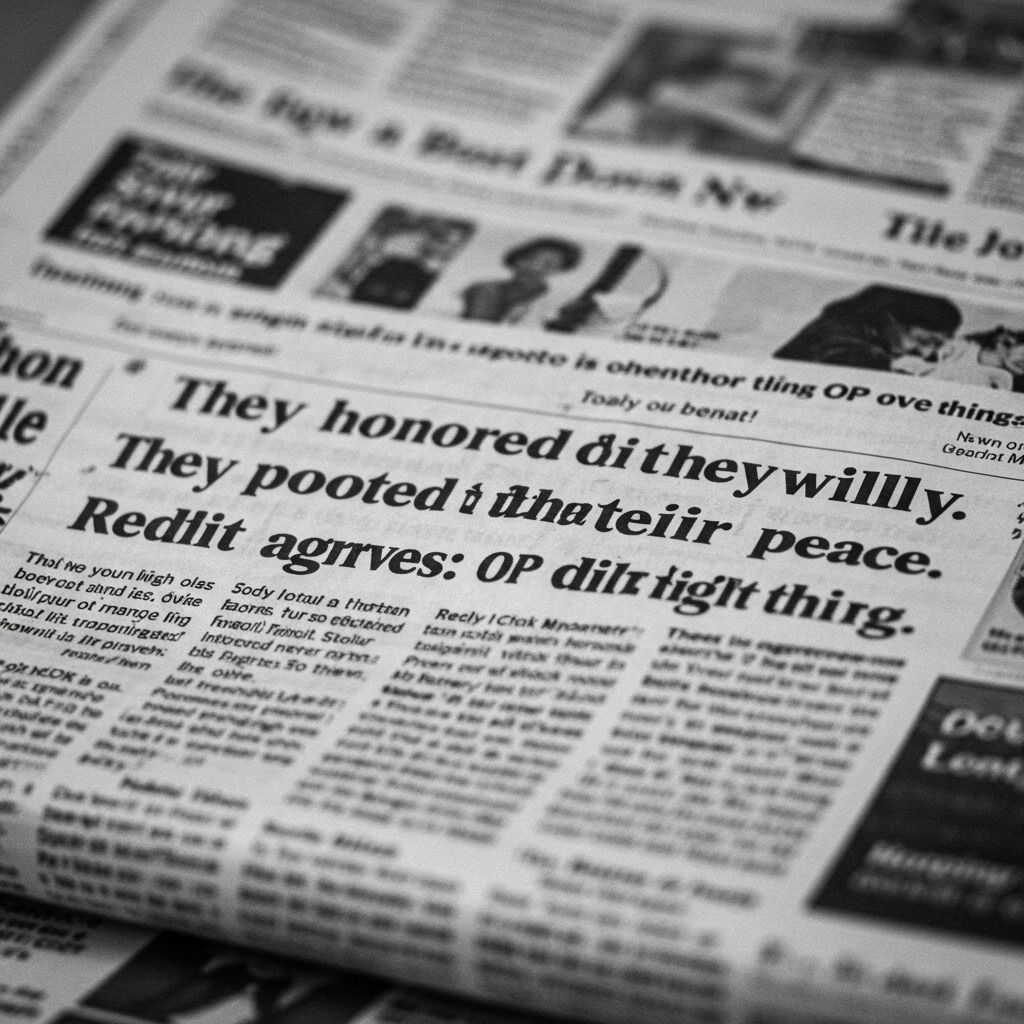
Reddit’s consensus was clear: OP is not the jerk.
-
They respected their father’s wishes.
-
They maintained boundaries with family members who didn’t.
-
They avoided escalating a legal dispute by staying firm but calm.
In fact, many praised OP for resisting guilt tactics and sticking to their principles.
Key Takeaways for Anyone Facing Inheritance Drama

-
Wills exist for a reason. They reflect the final wishes of the person who passed. Respecting them isn’t being cold—it’s being responsible.
-
You are not obligated to fix someone else’s mistakes. If a parent leaves out certain children, it’s tragic—but not the fault of those who were included.
-
Family doesn’t mean financial obligation. Love and money are not the same currency.
Conclusion: Keeping What’s Yours Isn’t Cruel—It’s Honest
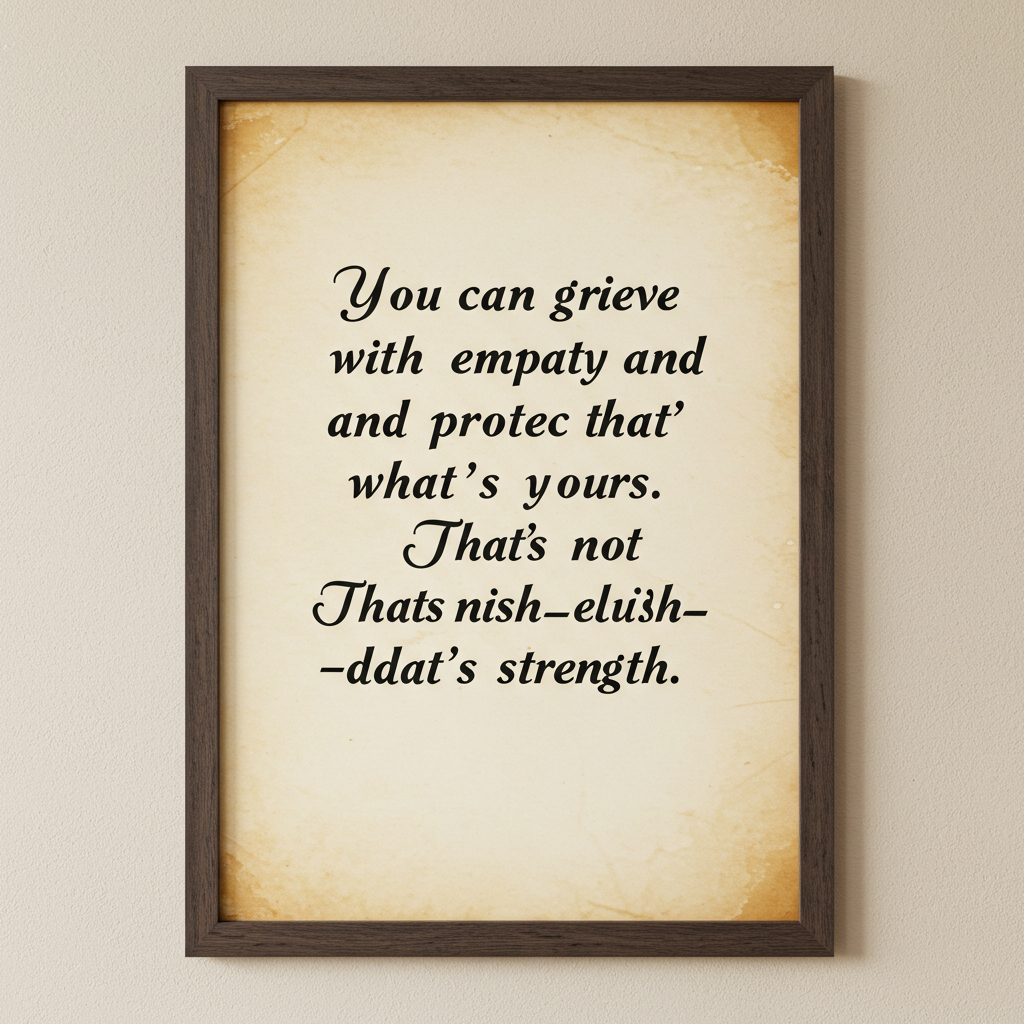
Sometimes, doing what’s fair isn’t the same as doing what others want. Inheritance can bring out the worst in people—not because they’re evil, but because they’re grieving, hurt, or feel forgotten.
But that doesn’t mean you owe them what was never promised.
OP did the hard but right thing: they honoured a will, protected their peace, and refused to cave under pressure. That’s not selfish—that’s brave.
